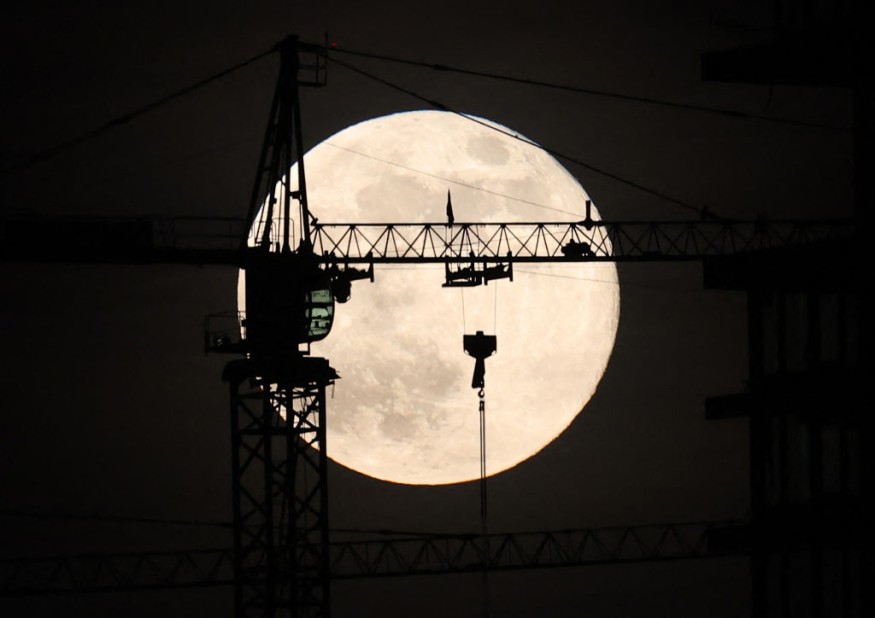Astronomy lovers should not miss the astronomy events this December. The sky will be brighter with amazing sights. According to recent reports, people can expect the winter solstice, Geminid meteor showers and a full cold moon.
Many people anticipate the coming winter and heavy snow this December. Temperatures will be colder with snowfall and winter storms. People will also begin to design their homes with decorations for Christmas and Holidays.

As the year ends, people can expect full of amazing sky events with meteor showers and a full cold Moon. Astronomy lovers should mark their calendars, and don't miss the best displays this December.
Geminid Meteor Shower on December 13 and 14
The first display will be the mesmerizing Geminid Meteor Showers on December 13 and 14. The meteor showers will be best at night with over 100 meteors or 150 meteors per hour.
According to the latest reports, the Geminid showers will unleash the best sightings this month, becoming more visible in the Northern Hemisphere. The unique meteors will brighten the skies
The radiant is from the constellation Gemini and is known for being bright and fast meteors.
The First Quarter Moon on December 19
The moon is expected to reach the first quarter moon on December 19 (10:39 a.m. PST). It can become noticeable in the afternoon, especially in high-elevation areas.
The Most-Awaited Winter Solstice on December 21
The winter solstice is expected on December 21 (10:27 p.m. EST). It begins the much-waited astronomical winter in the Northern Hemisphere. The days will become unusually shorter.
According to the Met Office, the winter solstice comes from the meaning 'The Sun stands still." It will also show the earliest sunset and the well-celebrated Christmas.
The Full Cold Moon on December 26 and 27
On December 26 and 27, the Full Cold Moon will show, marking the colder conditions this December. People can witness the full cold moon, especially on December 26 (7:33 P.M. EST) as the winter solstice begins.
It is also called a Christmas Moon as many children expect Santa in this sleigh and reindeer. The other names for the cold moon are Winter Maker Moon, Moon of the Popping, Snow Moon and Hoar Frost Moon.
Viewing December's Astronomy Events
Astronomy lovers should save the day by viewing the astronomy events this December. Keeping cameras and telescopes is recommended to capture the mesmerizing sightings in the skies.
In addition, the best viewing experience is by having a family member or loved one with you.
Related Article : November Astronomical Events: Brighter Jupiter, Leonid Meteor Shower, Full Moon To Unfold in Night Skies
For more similar stories, don't forget to follow Nature News.
© 2026 NatureWorldNews.com All rights reserved. Do not reproduce without permission.





